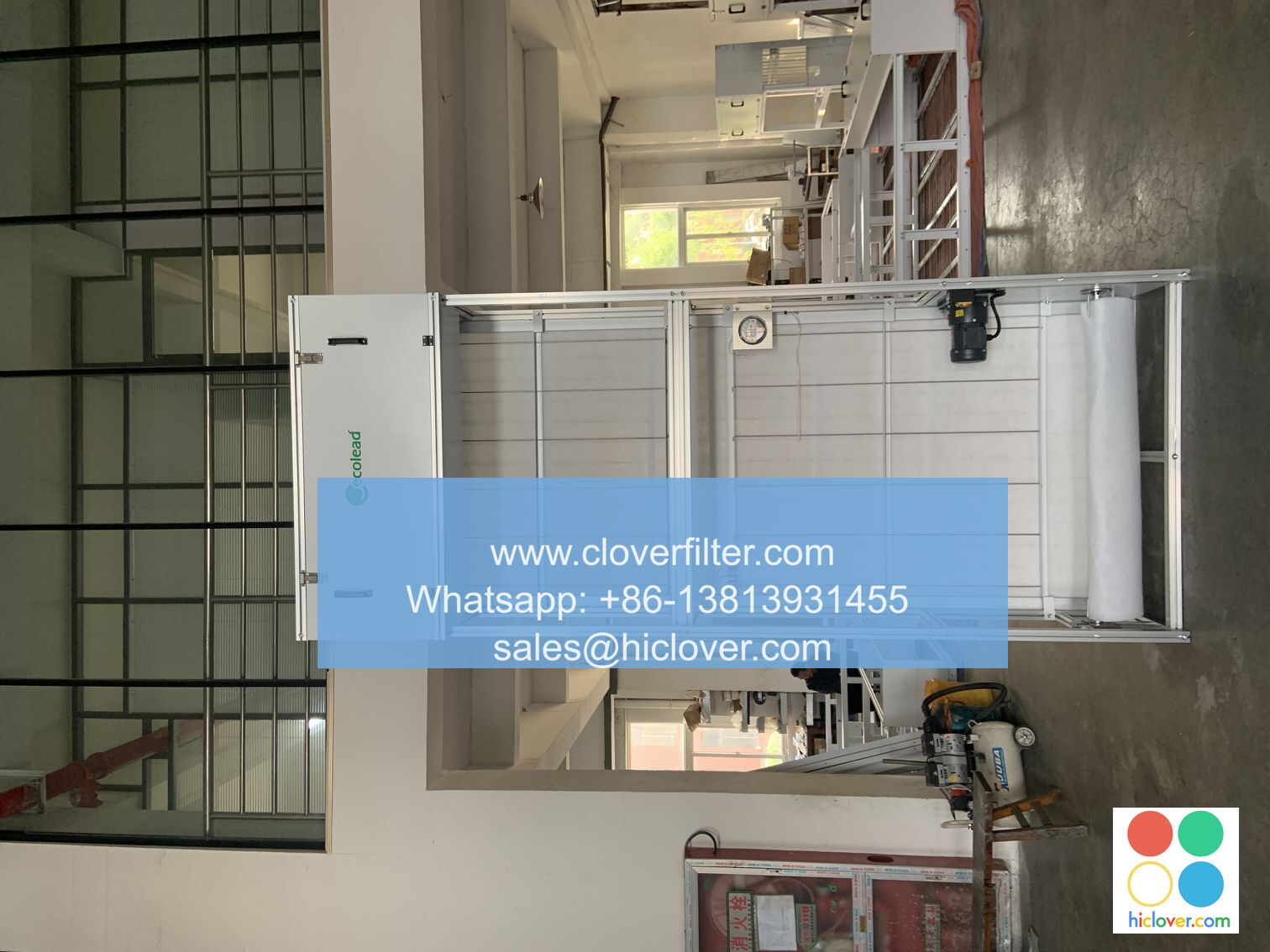The Impact of Nominal Size on Quality Control: A Guide to Accurate Measurements

The Impact of Nominal Size on Quality Control: A Guide to Accurate Measurements
In any industry that deals with manufacturing and production, accuracy is crucial. One of the most important aspects of quality control is ensuring that measurements are accurate and reliable. Nominal size, which refers to the intended or standard size of a product, is a critical factor in this process. In this article, we’ll explore the impact of nominal size on quality control and provide a comprehensive guide to accurate measurements.
What is Nominal Size?
Nominal size is a measure of the size or dimension of a product or part, which is intended to match the standard or reference size. In simple terms, it refers to the size an object is supposed to be, rather than its actual size. In manufacturing, nominal size is a crucial specification that is used to determine the quality of a product.
The Importance of Accurate Measurements
Accurate measurements are essential in quality control, as they help ensure that products meet the required specifications and meet customer expectations. Nominal size is a critical aspect of this process, as a small deviation from the intended size can have significant consequences. Here are some of the reasons why accurate measurements are vital:
- Product Deviation: Small variations from the nominal size can lead to product deformation, which can compromise its functionality and overall performance.
- Material Waste: Inaccurate measurements can result in excess material being used, leading to waste and increased costs.
- Customer Satisfaction: Discrepancies in nominal size can lead to customer dissatisfaction and negative reviews, which can significantly impact a company’s reputation.
- Compliance: Accurate measurements are essential to ensure compliance with industry regulations and standards, which can have significant legal and financial implications.
Best Practices for Accurate Measurements
To ensure accurate measurements and maintain quality control, manufacturers must adhere to the following best practices:
- Use Calibrated Tools: Use gauge blocks, calipers, and other measuring tools that are regularly calibrated to ensure accuracy.
- Standardize Measurement Process: Establish a standardized measurement process that is consistent across all products and production lines.
- Train and Certify Operators: Train and certify operators to ensure they understand the importance of accurate measurements and the process for taking them.
- Document Measurements: Keep accurate records of measurements, including date, time, and operator information, to ensure traceability and compliance.
Industry Applications
The impact of nominal size on quality control is not limited to a specific industry. Here are some examples of how this applies to various sectors:
- Manufacturing: Accurate measurements are crucial in manufacturing, where small variations can have significant consequences.
- Aerospace: In the aerospace industry, nominal size is critical, as even a small deviation from the intended size can compromise the performance and safety of aircraft and spacecraft.
- Automotive: In the automotive industry, accurate measurements are essential for ensuring that vehicles meet safety and performance standards.
- Medical Devices: In the medical device industry, accurate measurements are critical for ensuring that devices meet the required standards and are safe for patient use.
Conclusion
In conclusion, nominal size is a critical aspect of quality control, and accurate measurements are essential to ensure that products meet the required specifications and customer expectations. By understanding the importance of nominal size and following best practices for accurate measurements, manufacturers can ensure that their products are of the highest quality and meet the needs of their customers. Whether it’s in manufacturing, aerospace, automotive, or medical devices, understanding the impact of nominal size on quality control is crucial for success.
I’m ready to help! What would you like to talk about? Would you like me to generate a prompt for you, or do you have something specific in mind?

